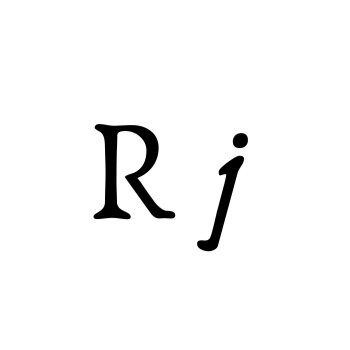Editor’s Note | Issue 5
After reading the excellent work of the ten writers of Issue 5, I began to think about how powerful perception is in formulating our attitudes about suffering. Enduring a chronic illness is no easy task—it can cause us to reject principles, beliefs, the very ethical foundations necessary for a positive worldview. “Why should I suffer this way?” one asks, and “What did I do to deserve this?” These are terribly difficult questions to answer—potentially heartbreaking—but they must be untangled and deciphered if one is to gain the strength needed to shoulder the burden of an often-inconsolable disease.
With this theme of perception in mind, I would like to refer to verse sixty-nine of an ancient book of Chinese poetry called the Tao Te Ching. Written roughly twenty-five thousand years ago by Taoist thinker Lao Tzu, it offers deep philosophical insight into the fabric of our universe. In Stephen Mitchell’s 1988 translation published by HarperCollins, verse sixty-nine is written as follows:
The generals have a saying:
“Rather than make the first move
it is better to wait and see.
Rather than advance an inch
it is better to retreat a yard.”
This is called
going forward without advancing,
pushing back without using weapons.
There is no greater misfortune
than underestimating your enemy.
Underestimating your enemy
means thinking that he is evil.
Thus you destroy your three treasures
and become an enemy yourself.
When two great forces oppose each other,
the victory will go
to the one that knows how to yield.
Though this poem is about war strategy, it can be applied to our perceptions of chronic illness because after all, is not a battle with chronic illness a kind of war? And though it may seem strange to imagine, isn’t compassion for our illness far greater to have than hatred for it? If we can learn to grant our illness and our state of being, our karma, the respect it deserves, we can put ourselves in the best possible position for recovery. Though our illness may not have a mind of its own like an enemy in battle, perhaps our disease is more complicated than that. Learning to accept a diagnosis—being like a guest in someone’s house rather than a host—can perhaps offer the correct way of seeing one’s situation, a situation where we may not necessarily be in control any longer.
Whether it be mimicking nature’s balance in the poetry of Katherine Greene, accepting the demands of one’s dyslexia in the fiction of Karris Rae, or understanding one’s suffering through metaphor in the poetry of Jhelum Mukherjee, the work in this issue attempts to transcend one’s suffering through a more insightful perception of it. In “Wish Upon” by Annalisa Morganelli, we see a diabetic who at first could only wish away her illness find later that the things that made her strong and gave her character were, in fact, all related to her illness; there is no denying that living with a chronic illness can at times seem daunting. Let us give ourselves hope to persevere and carry on.
Welcome to Issue 5.
Sincerely,
Mike Gosalia
Editor
